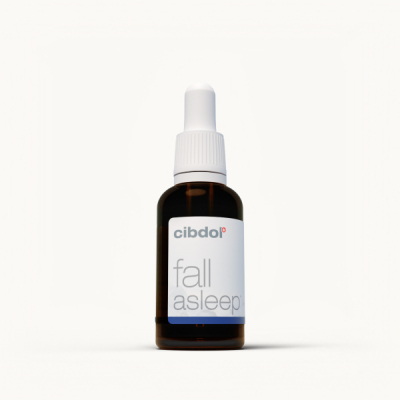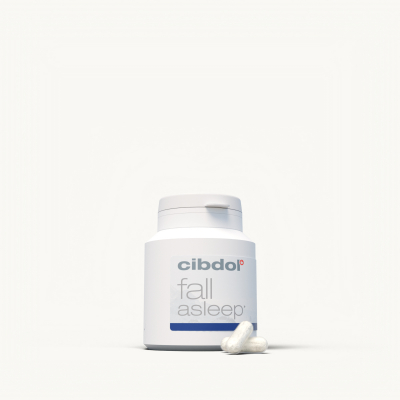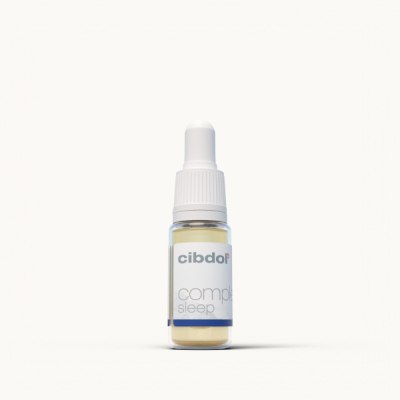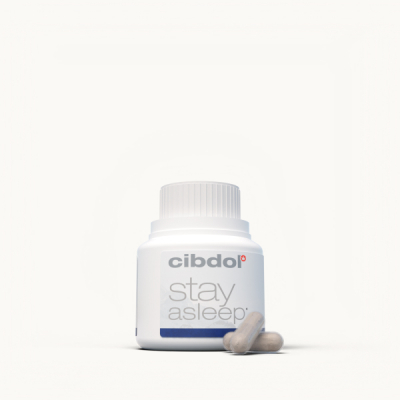We don't ship to your address!
Due to your country law and regulations, we are not permitted to send to your current location. If you have any questions please contact usWe're here to help
Have questions about our products or content? Don't hesitate to get in touch with us.-
Contact
-
Information
-
Blog
Search
Please insert a search term in the input field. If you have any question please contact us contact us
You have to add to cart at least 0 bottles or any program to make checkout.

We don't ship to your address!
Due to your country law and regulations, we are not permitted to send to your current location. If you have any questions please contact usWe are here to help you
We are here for you. If you have any question please contact usSearch
Please insert a search term in the input field. If you have any question please contact us
We don't ship to your address!
Due to your country law and regulations, we are not permitted to send to your current location. If you have any questions please contact usWe are here to help you
We are here for you. If you have any question please contact usSearch
Please insert a search term in the input field. If you have any question please contact usBUY 3, PAY FOR 2! Add 3 CBD Products to your shopping cart and use the discount code: CIBDOL3
Are you struggling to get a good night's sleep? Cibdol offers a range of CBD for sleep products, including our popular Meladol sleeping tablets. Our sleep supplements are specially formulated to promote relaxation and help you drift off into a peaceful slumber.
When you buy sleep capsules from Cibdol, you can trust that you're getting the highest quality ingredients. Our sleeping pills are made with natural extracts, such as valerian root and lavender, which have been used for centuries to aid in relaxation and improve sleep quality.
Meladol is our premium sleep supplement, designed to provide a powerful combination of CBD and melatonin. This unique blend works in harmony with your body's natural sleep cycle, helping you fall asleep faster and stay asleep longer.
If you're looking to buy sleeping tablets online, look no further than Cibdol. Our easy-to-use webshop makes it simple to find the perfect sleep supplements for your needs, with fast and reliable delivery across the EU.
-
Showing 1 - 4 of 4 itemsWhich product do I need?
Contents:
The importance of sleep
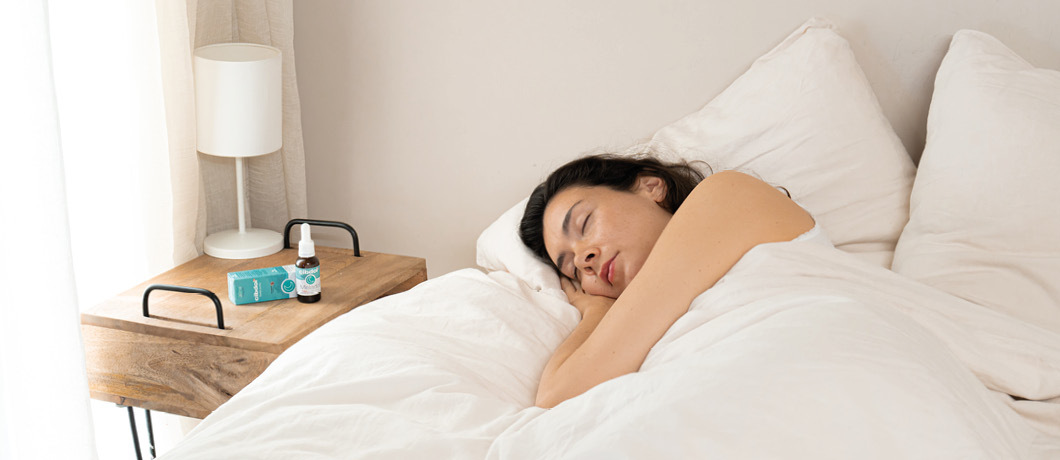
No matter your lifestyle, hobbies, or interests, there is one crucial process that unites us all—sleep. From the moment we're born, sleep is fundamental to how our body recovers. It isn't just physical recovery either—sleep gives our brain time to process events, emotions, and even repair neurons.
And, it doesn't matter how much older (or wiser) we get—our body's need for sleep remains. However, the biggest problem as we get older is the growing number of obstacles between us and a good night's sleep. While it may be tempting to skip out on a few sleep hours in favour of work or social activities, this can quickly lead to profound health implications. It’s essential you give yourself some downtime, and the first step is establishing how much sleep you need.
How much sleep do we really need?
Knowing we all need sleep is well and good, but how much sleep do you need for optimal recovery? It's a million-dollar question, which, unfortunately, entirely depends.
In general circumstances, the recommended duration of sleep is as follows:
• Preschool (3–5 years): 10–13 hours
• School-age (6–12 years): 9–12 hours
• Teen (13–18 years) 8–10 hours
• Adult (18+): 7–9 hoursIt's important to stress that these are merely recommendations, and the ideal length of sleep fluctuates depending on pre-existing health conditions, lifestyle, and other factors.
We should also quickly point out that you can't cheat the system and get extra sleep one day and less another. The best approach is a consistent sleep pattern. However, if you do fancy staying up late at the weekend, it won't seriously hamper your well-being—life is all about balance, after all!
What are the causes of poor-quality sleep or insomnia?
In principle, falling asleep should be easy—you lay your head down to rest when you're tired, drift off to the land of nod, and wake up when you're good and ready. The reality, however, can be dramatically different.
Remember those obstacles between you and the restful sleep we mentioned earlier? The following all have the potential to impact restlessness and your ability to fall asleep easily:
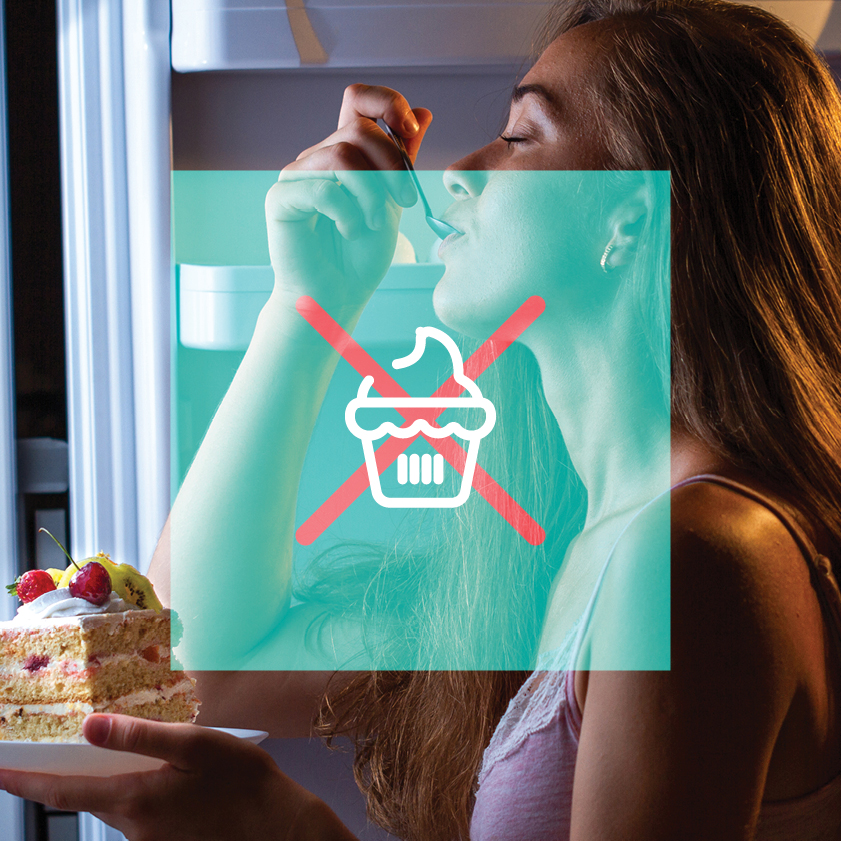
Food (excess fat and sugar)
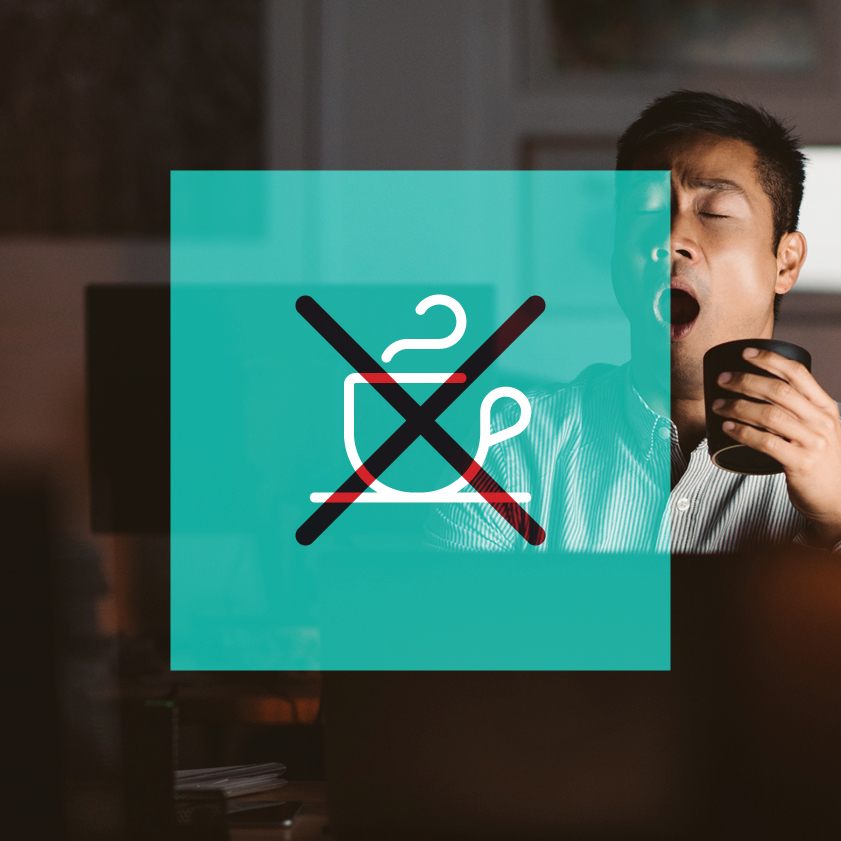
Caffeine
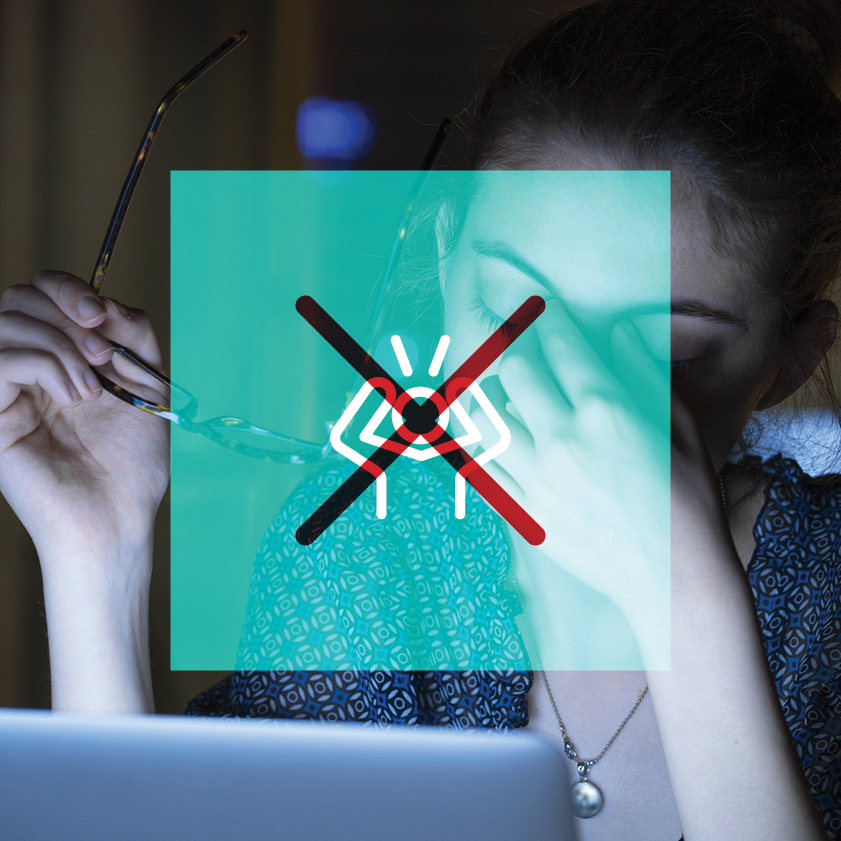
Stress

Electrical devices (specifically the blue light from mobile phones and televisions)
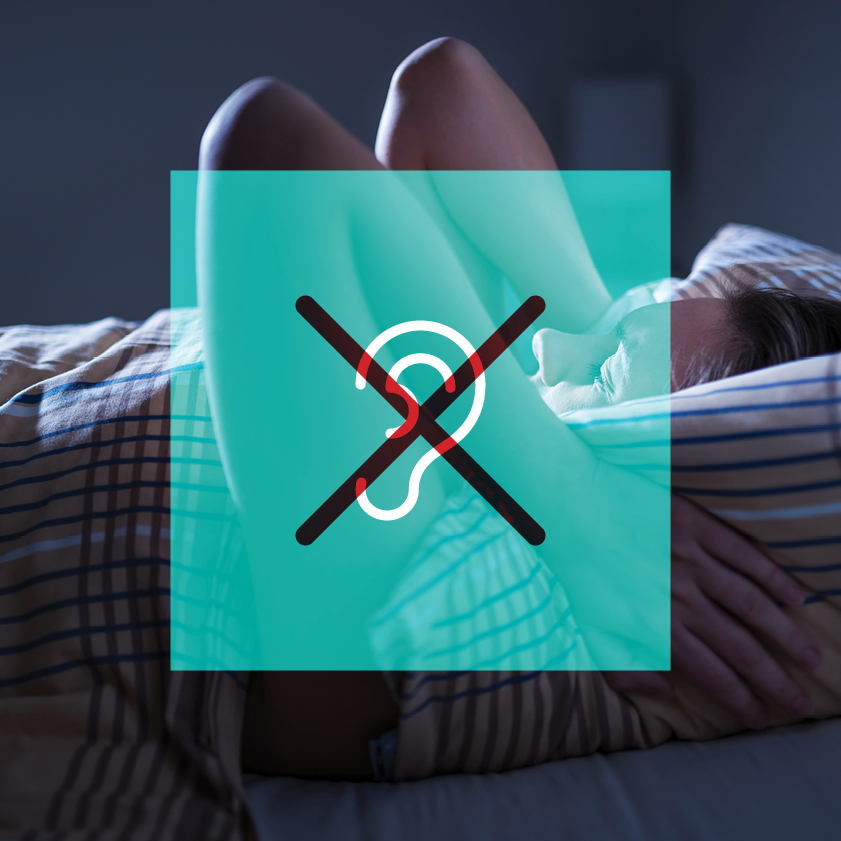
Noise disturbances

Irregular working hours
Being disturbed (occasionally) by one of the causes outlined above is not unusual. But, if you don't deal with these precursors to poor-quality sleep and regularly find it hard to nod off, or still feel tired when you wake up, it could lead to insomnia.
What is insomnia?
Insomnia is a term used to describe regular difficulty sleeping and falling asleep. Symptoms include:
• Lying awake at night
• Still feeling tired after waking
• Finding it hard to nap (even if you're tired)
• Waking up several times a nightWhile most of us probably experience some of the issues on the list above, someone with insomnia will endure them regularly, with symptoms often lasting months or years. In most cases, insomnia is remedied by small changes in daily habits, but you should always seek advice from a GP or physician for more extreme or prolonged cases.
What are the consequences of sleep deprivation?
Unfortunately, in a 24/7 society, it often feels near impossible to switch off at night. But, while many may shrug off a lack of sleep, the implications of not getting enough are pretty severe.
A consistent, prolonged lack of restful sleep can lead to the following:
• Cardiovascular issues
• Diabetes
• Obesity
• Depression
• Poor motivation
• Low concentrationWorst of all, these outcomes are merely a snapshot. Combine a lack of sleep with a sedentary lifestyle, a high-fat diet, or smoking, and you dramatically shorten your life expectancy. A 2018 review of sleep and its importance identified that sleeping less than six hours a night "had a tenfold greater risk of premature mortality compared to those who obtained seven to nine".
The best medicine to counter your sleep problems: a healthy lifestyle
We know restful sleep is crucial for well-being, and roughly how much we should get each night. But, if you find yourself struggling to get some well-deserved rest, what can you do about it?
Assuming you don't have underlying health conditions, the most common recommendation for better-quality sleep is a healthy, balanced lifestyle! And we're not talking 5-mile hikes, hours in the gym, or a diet of seeds and vegetables. Instead, simple changes can dramatically improve your sleep quality.
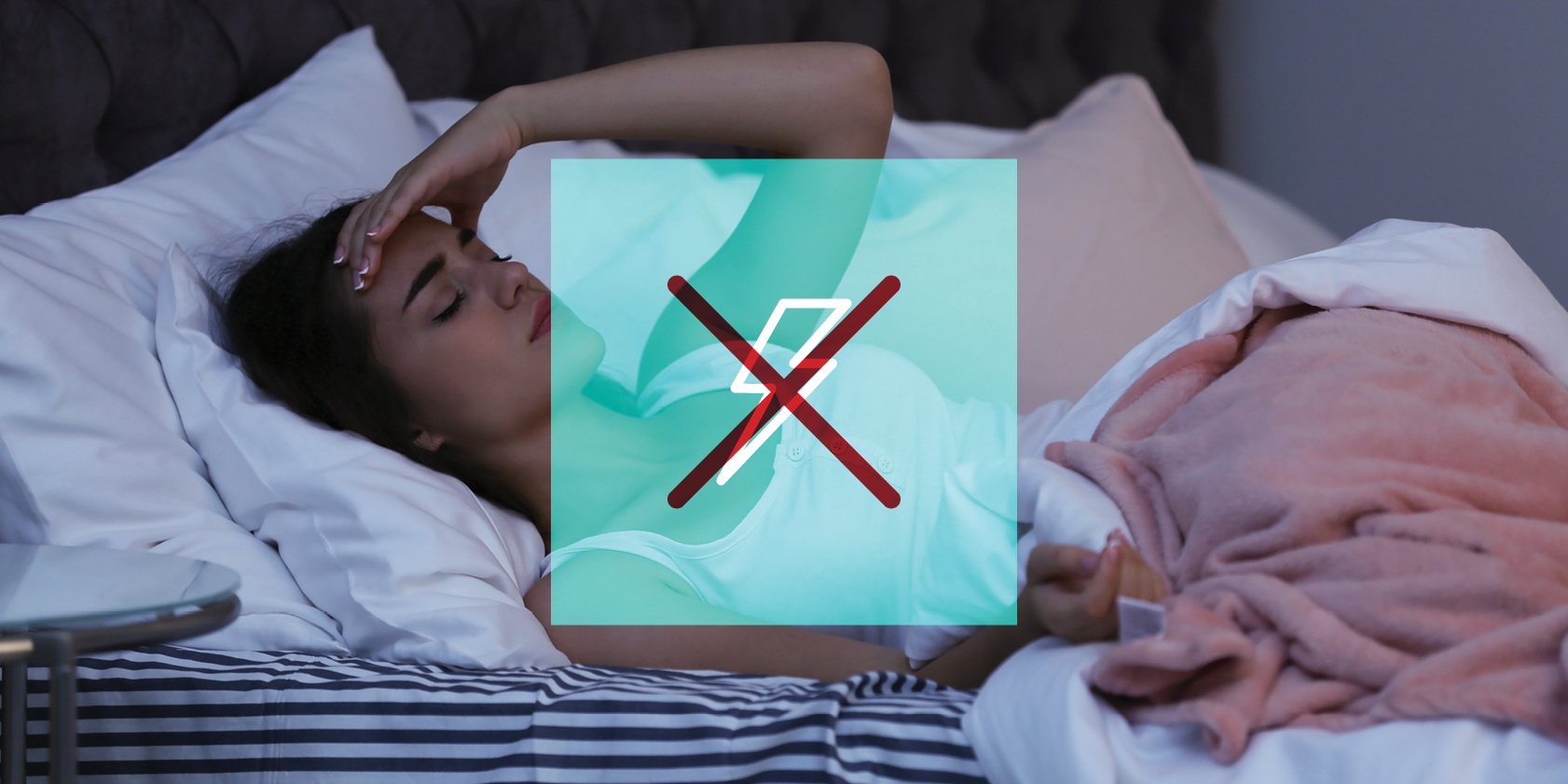
Habits known to improve sleep quality include:
• Light exercise (roughly 30 mins a day)
• A balanced diet
• Limited caffeine intake after midday
• Reduced exposure to electrical devices at least one hour before you go to bed
• Consistent sleep and wake time
• Noise and light-proof bedroom (as much as possible)
• Supplements (melatonin, valerian, and magnesium)
• A comfy bed!It isn't always possible to maintain all of these habits every day. The key, however, is to focus on the ones that'll make the most significant impact. If you regularly watch late-night TV shows, limiting your exposure before bed will make a dramatic difference to your sleep quality. If you're a shift worker, a consistent sleep pattern might not be possible, but you can still ensure the environment is as hospitable as possible (limited noise and light exposure).
What you need to know about CBD and sleep
Supplements are a popular remedy for sleep issues. They're easy to take and can fit around even the busiest of schedules. The supplement category also includes our favourite cannabinoid—CBD. Much like melatonin, valerian, and magnesium, it doesn't appear that CBD will directly improve sleep quality—at least on its own. That said, as part of a balanced approach, it could prove a potent ally in your quest for a better night's sleep.
One mechanism that links all of our biological systems—including those directly involved in sleep—is the endocannabinoid system. Fortunately for us, CBD plays a crucial role in modulating the ECS, its receptors, and overall efficiency.
Several preclinical studies suggest there may be a link between CBD intake and our body's sleep-wake cycle. If you're trying to address sleep issues, one of the first things you should do is establish a suitable (and consistent) sleeping pattern. Not only could CBD support this desire for balance, but it may also indirectly help with some of the causes of poor sleep we highlighted earlier.
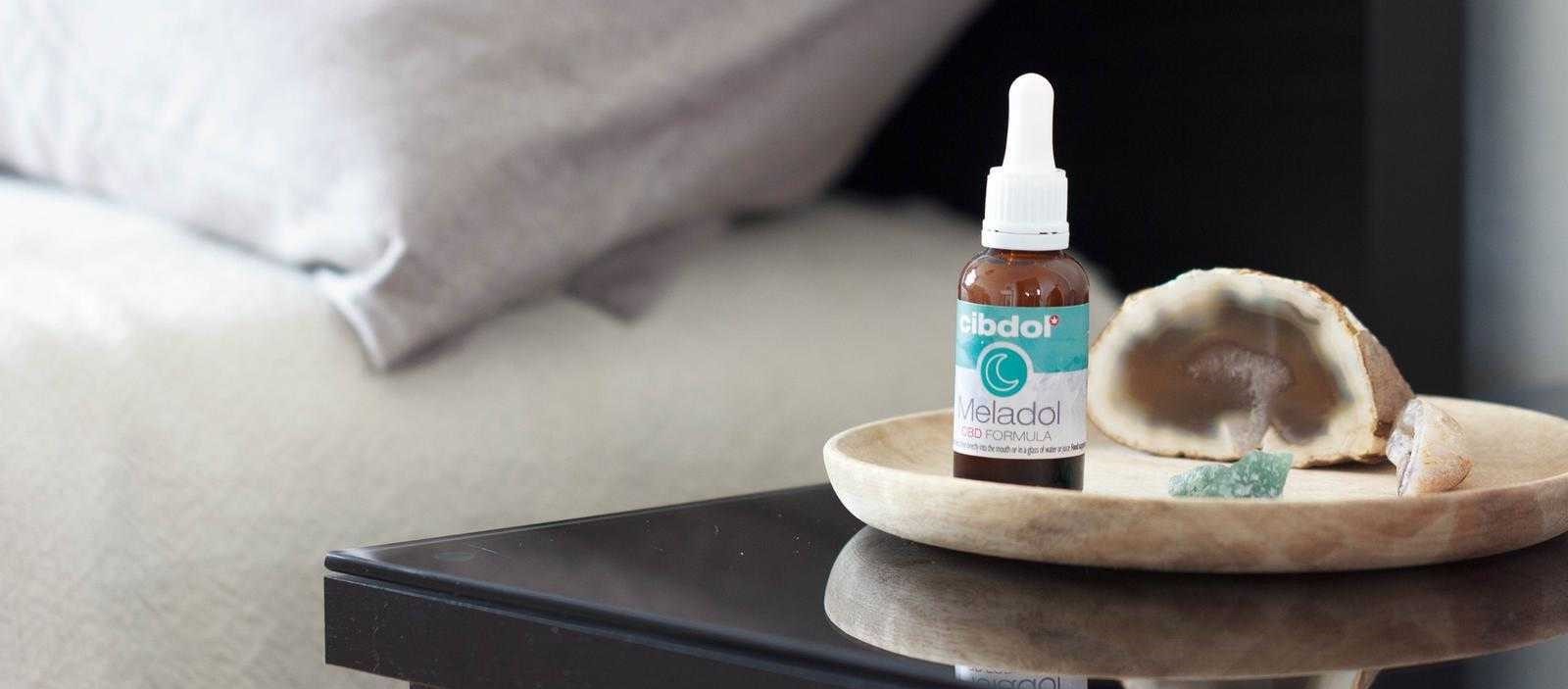
The key to a good life: Quality sleep and feeling rested
There's no denying the importance of a good night's sleep, and, most of the time, small lifestyle changes are all that's needed to get your body back on track. But, it doesn't hurt to have a little support from the sidelines, and that's exactly where CBD could fit into the sleep equation.
Given its lack of toxicity and its natural synergy with other sleep supplements, such as melatonin, there's no doubt it could prove a valuable addition to your wellness regime. If you're tired of not getting enough sleep, it's time to give your mind and body the rest it deserves. For a little boost along the way, CBD is here to help you achieve that all-important state of balance.
As Seen On:






